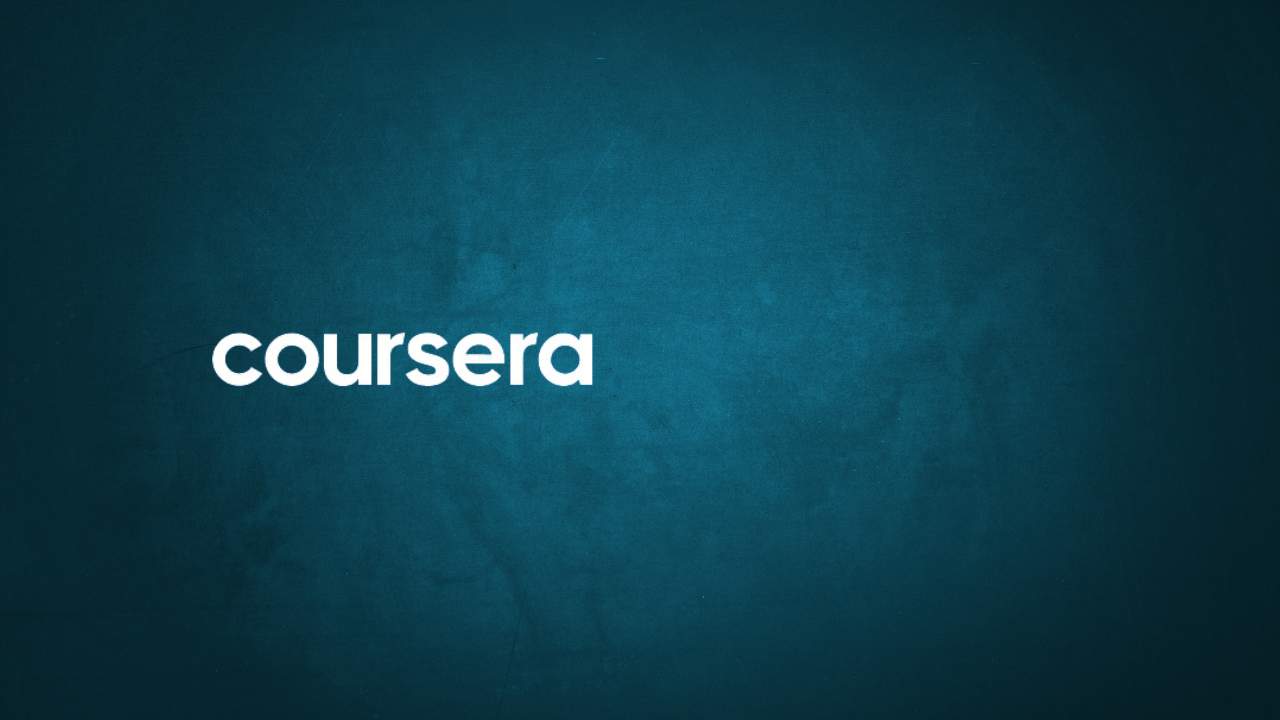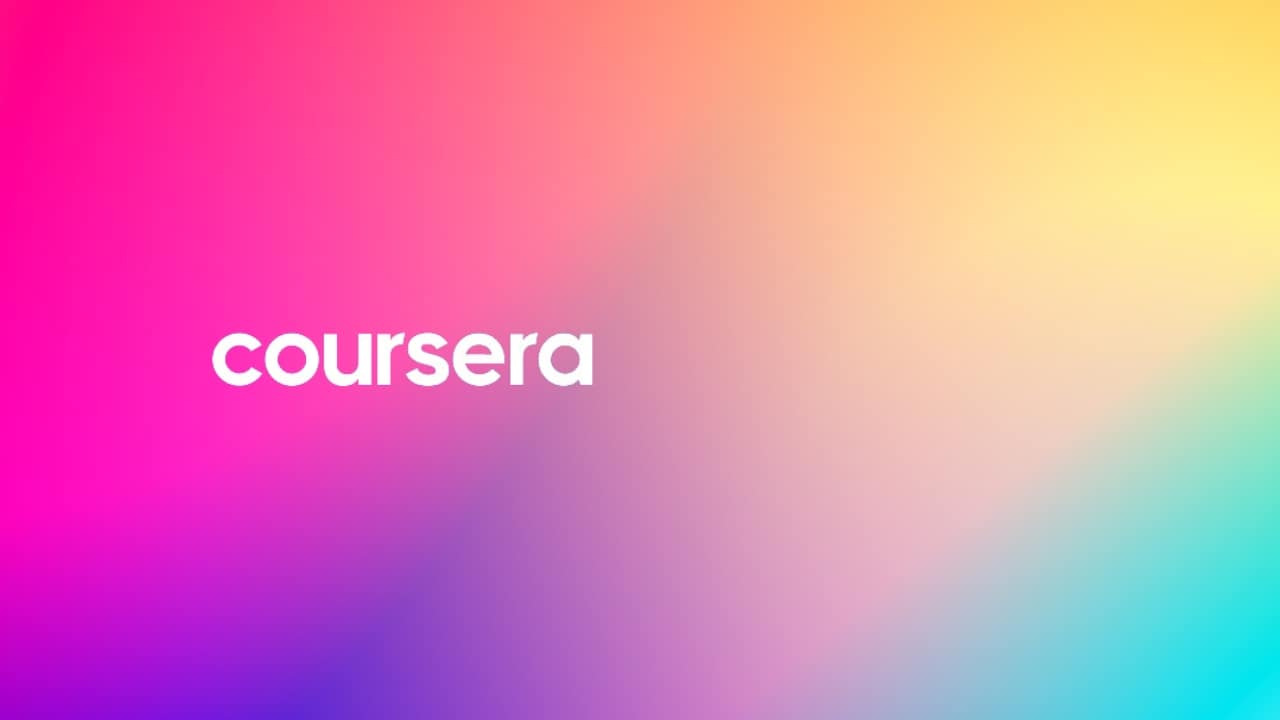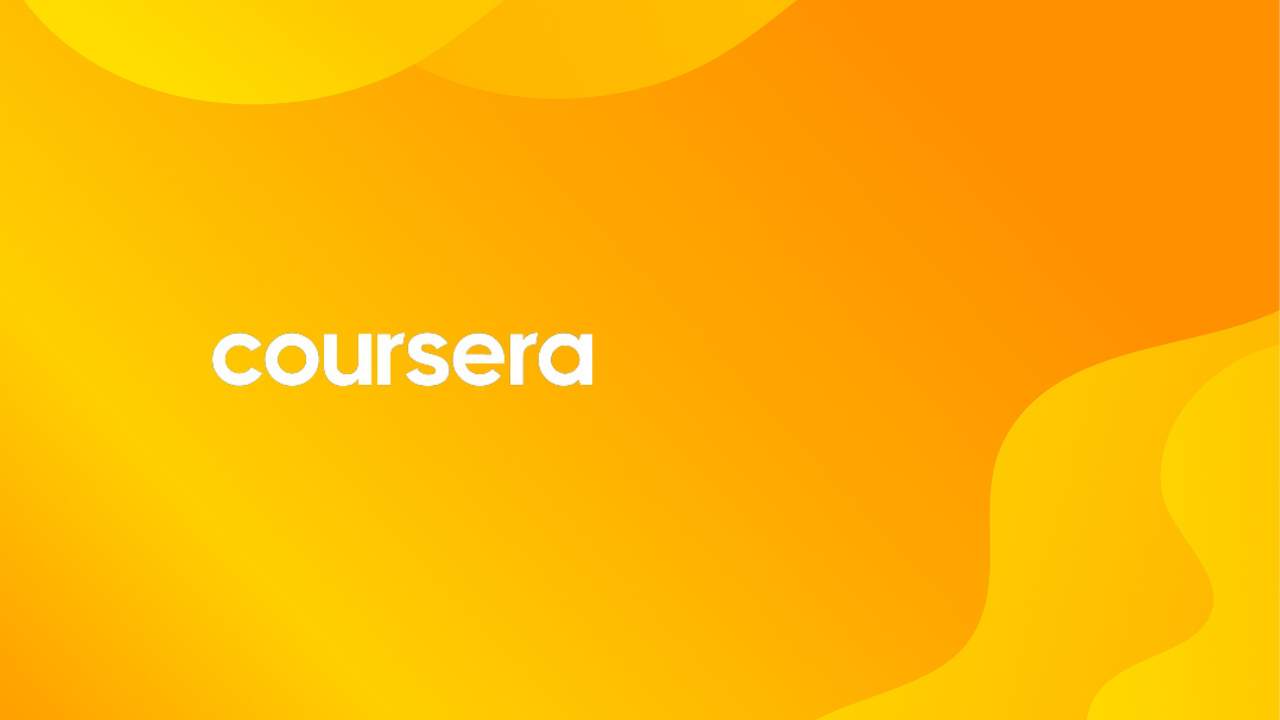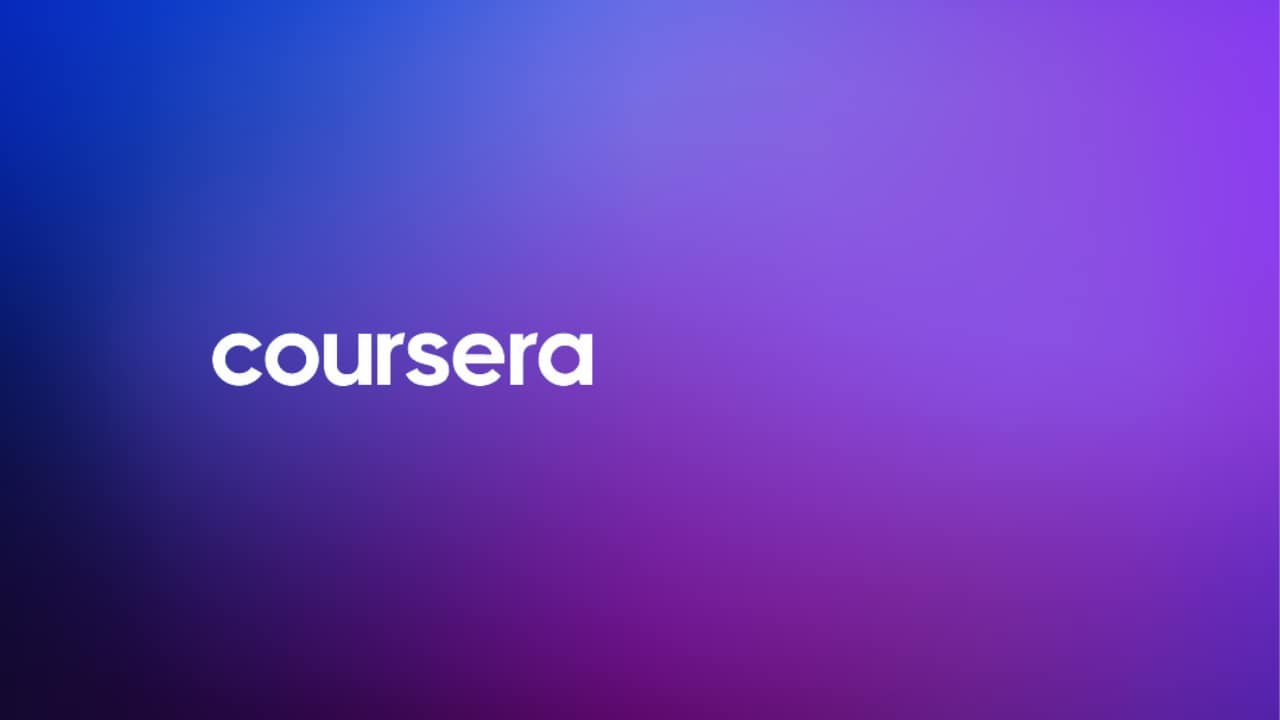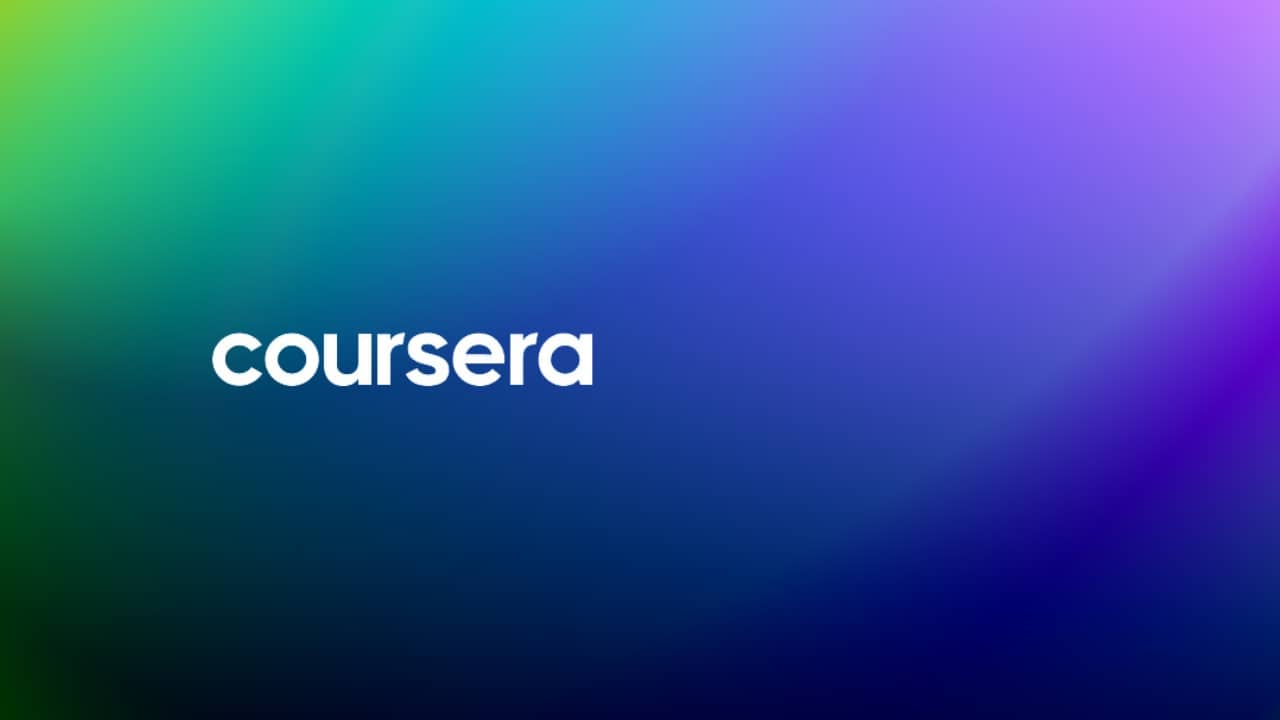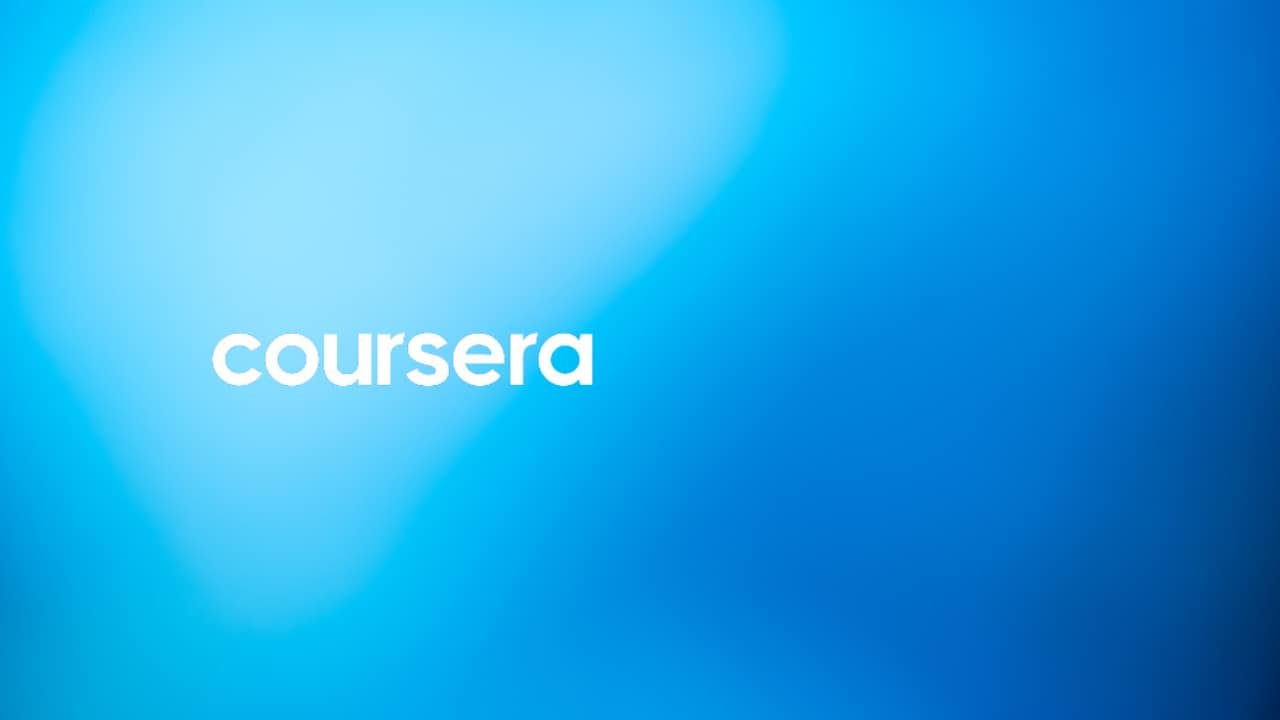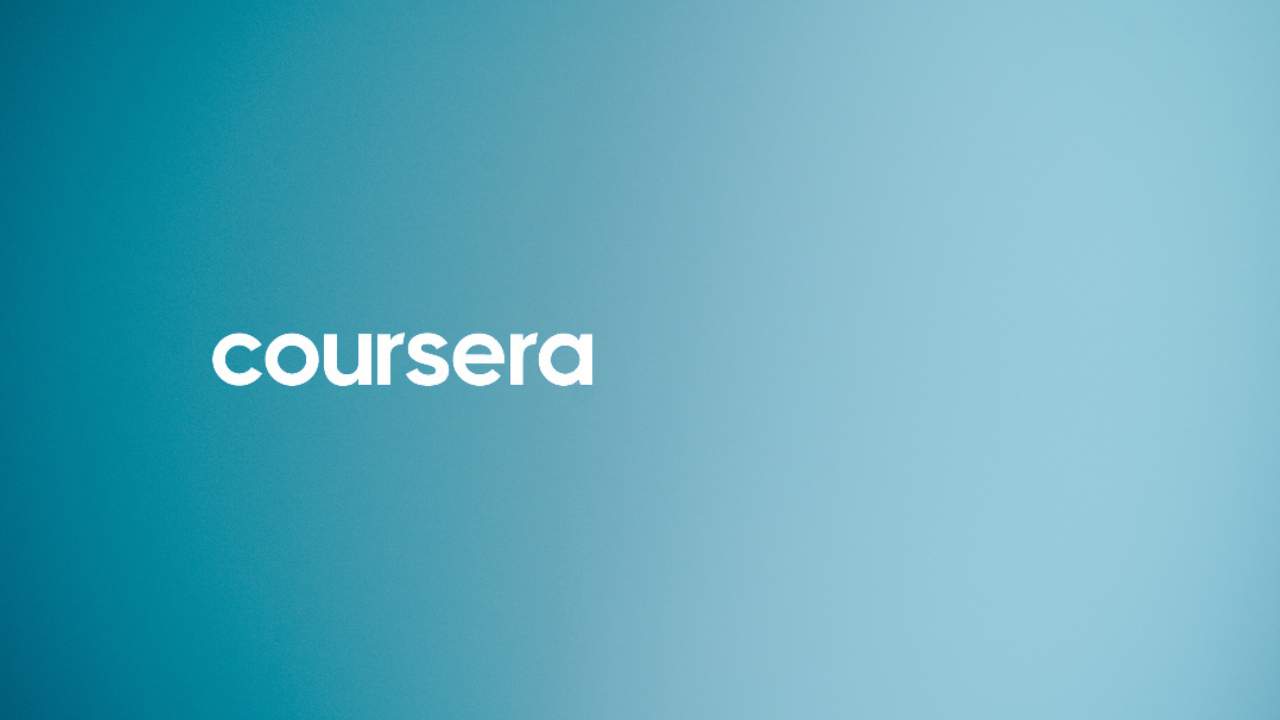Key Notes:
Critiquing Coursera for Learning Success
Quality of Courses
Coursera, despite its partnerships with prestigious universities, faces criticism for inconsistent course quality. Some courses lack engaging content, feature outdated material, or poorly designed projects.
Interaction Limitations
One drawback of Coursera is the limited personal interaction compared to traditional classrooms. The absence of discussions, peer feedback, and real-time Q&A may impact the overall learning experience.
Accessibility Challenges
Accessibility issues include the potential high cost, especially for paid specializations, and technical barriers for learners with limited internet access, outdated devices, or insufficient tech skills.
Effectiveness Concerns
Coursera certificates may not always translate to immediate job placement or career advancement. The format may encourage rote learning and surface-level understanding, lacking the depth associated with critical thinking.
Important Considerations
Before forming conclusions about Coursera, assess your learning goals, preferred style, budget, and research findings. Explore reviews for specific courses and instructors to make informed decisions aligned with your aspirations.
Final Thoughts on Coursera
Remember, Coursera is just one learning tool. Tailor your choices to your unique goals, and supplement your learning journey with other platforms, workshops, or mentorship for a comprehensive educational experience.

Is Coursera Worth It?
The Value of Coursera in Skill Enhancement
Coursera is a valuable platform for individuals seeking to enhance their knowledge and gain job-relevant skills for various industries. Launched in 2012, it stands as a prominent provider of massive open online courses (MOOCs) with a diverse range of topics.
Diverse Course Topics and Reputable Institutions
Coursera boasts a vast database of courses from reputable institutions covering tech, finance, education, healthcare, and more. With over 92 million users from 52 countries, it offers easy access to thousands of courses, online certifications, and degrees.
Certifications and Online Degrees Boosting Career Prospects
Completing Coursera courses results in certificates of completion that can enhance your resume. While individual certificates may not suffice for job placement, combining them with a strong portfolio or online degree significantly improves your prospects. Professional certifications, especially those from industry leaders, hold substantial value in the job market.
Elite Universities and Online Degrees on Coursera
Top universities such as Yale, Stanford, and Princeton offer online degrees on Coursera, ranging from accelerated business programs to computer science and marketing degrees. These degrees open doors to diverse educational opportunities.
Considerations and Disadvantages
However, it’s essential to note that typical Coursera courses or specializations lack accreditation, potentially leading to skepticism from some employers. Additionally, the subscription-based model of Coursera Plus can pose challenges, as rushing through courses to meet subscription deadlines may hinder the full benefits of lifetime access.
Pursuing Educational Goals with Coursera
While Coursera is not without its drawbacks, it remains a worthwhile option for those seeking quick, affordable, and accessible education to achieve career goals. The inclusion of shareable certificates and school-issued certificates for degree programs adds value to the overall learning experience.

For-Profit Higher Ed’s Renaissance: The Evolution of Coursera
Coursera’s Resilience and Challenges
Coursera, a pioneer in MOOCs (massive open online courses), has seen remarkable growth, with a market capitalization of around $6 billion. Despite a surge in enrollments, the company faces financial challenges, recording losses exceeding $66 million last year. The optimism lies in the scalability of online education and substantial investments in infrastructure, mirroring successful models like Amazon.
The Shift in Credentialing and Skill Training
As online education gains acceptance, Coursera anticipates a demand for affordable competency credentialing. Offering courses at as low as $39 per month, the platform competes favorably with traditional institutions. Notably, companies increasingly turn to Coursera for skill training, signaling a shift in the role of universities in workforce preparation. Coursera’s diverse array of 4,000 courses, completable in two months or less, reflects a trend towards specialized, shorter-term education.
Challenges to Traditional Degrees
The narrative of degrees as the primary certification of skill competency is evolving. Companies are actively engaging in pre-workplace training, diminishing the monopoly of traditional degrees. However, the sustainability of the current surge in online education remains uncertain, tied to both market dynamics and the ongoing pandemic. Beyond job preparation, the essence of the college experience, including personal growth, social connections, and enjoyment, remains a unique aspect that online platforms may struggle to replicate.
Looking Ahead
While Coursera navigates financial challenges, its role in reshaping the landscape of higher education is evident. The delicate balance between affordability, scalability, and the intangible aspects of traditional education will shape the future of for-profit higher education, with platforms like Coursera at the forefront of this transformative journey.
(review from others)
Get more information here.
- https://upskillwise.com/reviews/coursera/
- https://e-student.org/coursera-review/
- https://www.zdnet.com/education/breaking-down-coursera/
- https://www.reddit.com/r/learnprogramming/comments/eh0dmi/honest_opinion_on_coursera/
- https://hackr.io/blog/coursera-review
- https://www.teachthought.com/education/coursera-the-good-the-bad-and-the-ugly/
